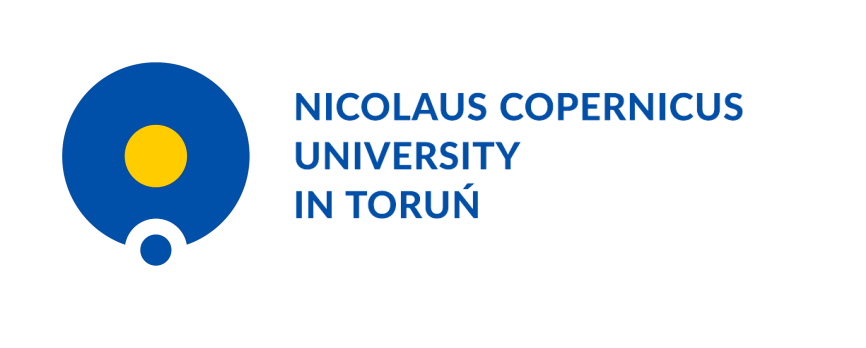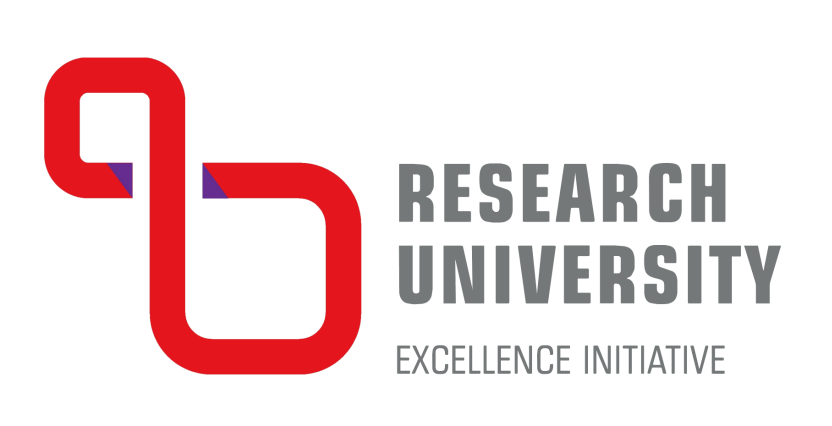Interview with Professor Bogumila Kupcewicz, PhD, expert in the “Grants for Students” competition
AS: Professor, please tell us who the program is aimed at?
BK: The idea behind this competition was that the competition was to be for students only. However, during the discussion in the team, the idea came up that the competition should also include doctoral students, both participants of doctoral schools and those studying the old way. As for students, they have to find a research supervisor. In view of this, the majority of students submitting applications are members of scientific circles operating at the departments. In principle, there are no restrictions, they may appear only at the regulations and the form, because if the student does not have any scientific achievements then there is little chance that he will be successful. The competition is not for complete beginners, experience must be demonstrated when applying.
AS: When a student or doctoral student decides to participate in the competition, submits an application that is successful, what benefits can he or she look forward to?
BK: Similar to that of scientific activities at the student level in general, because if someone participates in a scientific circle then he or she has the opportunity to develop or learn more about what is going on in the department, not just what is in lectures and classes. Here it’s the same, the student gains additional funds to carry out some research task or to attend a conference. These funds come from outside, so this
on his/her department to find funds for his activity. This is a big plus, another plus is the experience he/she will gain in completing the assignment, this is certainly a good thing when recruiting for doctoral schools.
AS: …and during future projects….
BK: Definitely yes! I have to say that several projects were very well implemented, including the fact that these projects resulted in publications. I don’t think that this publication was based solely on this small project, because it was probably a bit more widely implemented, though. Nevertheless, students indicated in their reports that the effect was publication. Several reports are such that they were not yet formally published publications, but they already looked like publications. This will certainly work to their advantage if these students or doctoral students want to apply again then in the next edition the reviewers will get their reports. The same is the other way around, if something goes wrong, the report is poor then the reviewers will also get this information and this in turn can work against them. We try to select reviewers in such a way that they are able to appreciate the quality of the project, but also point out some shortcomings and suggest what can be improved. There are two reviewers for each project. When evaluating applications, we try to avoid conflicts of interest, and we eliminate from the review team reviewers whose doctoral students or students participate in the competition. Another benefit can be the experience of writing projects in English, the applicant has to overcome the barrier of writing in a foreign language, which in turn can come in handy when applying for serious grants, for example, at NCN, where applications are also submitted in English.
AS: So you could say that this is “blazing a trail” for future projects, as someone in doctoral school is more likely to want to pursue a research career and gather experience.
BK: Yes, but we need to distinguish between doctoral students and undergraduates. PhD students have slightly different goals. They have to prove themselves and they have to do it during their doctoral studies, the approach is more rigorous, they are evaluated after two years. Every gain in external funding, every publication, participation in a conference is pure profit. All these achievements must be entered in the application form. A student, on the other hand, doesn’t really have to do anything. For a student, it is all above what is required of him. There is no obligation to do research, to engage in additional initiatives, which is why there are relatively fewer students submitting applications. Applications are mainly submitted by those who are thinking of applying to doctoral school or are in a research circle and want to try to get funding for a project.
AS: And is it possible to create a project from any field?
BK: I think it is. It’s just a matter of a good relationship between the applicant and the research supervisor, because no student comes up with a project alone. Very often these projects are bricks of larger projects that are carried out in scientific teams or departments. If you get into a good chair or a good supervisor, and the student themselves also has potential, it can result in a good project. I believe that a good project can be created from any field, and a good project is one that is well described. It often happens that the idea is good, while it is very poorly justified and described.
AS: And what should a good project contain?
BK: After three editions of the competition, I can say that it depends on the field. At the meetings of the working team, where we discuss the reviews, I see how different is the approach of the humanities part versus those representing the sciences, natural or experimental sciences. The common feature is that everything should be organized logically. There must be a clearly defined
purpose of the research – if the purpose is described in such a way that the reviewer has to guess then the score is lower. It is good if the purpose is justified by the scientific “background”, i.e. describe what is the current state of affairs and relate to it your problem that you want to solve. The second thing is the cost estimate, which must be very well justified. These are the two things that the applicant has influence over. What he or she doesn’t have influence over is the current academic record. If he or she describes the first part well then with an inferior track record he/she has a chance of getting funding.
AS: In the competition you can get funding to attend a conference, what is better for a student to attend an international foreign conference or a domestic one?
BK: You have to start somewhere, and going to an international foreign conference is a big cost. Secondly, there is more selection when it comes to submitted abstracts. If someone goes to a foreign conference it doesn’t mean that he or she will have an opportunity for networking or collaboration. It may turn out that going to a domestic conference, where he or she can communicate in Polish, will provide a greater opportunity for collaboration. There is no definite answer, it all depends on various factors. It also depends on the personality of the student, there may be a situation where he or she goes, for example, to a large international conference and comes back with nothing, because he/she is afraid to speak up, he/she does not like speaking in front of a larger audience, and someone else goes to any conference and always comes back with new information, acquaintances that can translate into cooperation.
AS: Professor, and how do you encourage participation in competitions?
BK: I must admit that in this competition we can’t complain about a shortage, in the previous edition about 80 applications were submitted. We have nothing to worry about. Doctoral students at our university have ideas and know what to write in the application. As for students there are few applications, unfortunately the pandemic did not help, the university was closed, students were not there and their scientific activity was close to zero. And to answer the question how to encourage? Despite a lot of promotion of the competition, sending e-mails with information, the response is not always great. This may also be due to fear or apprehension that the form is in English, that the project must be innovative. A lot also depends on the supervisors, where there is research and employees are quite intensive with students and involve them in the research applications are more. Of course, there are units where there are no people willing to take care of students.
AS: Thank you for the interview.


 ul. Gagarina 7, 87-100 Toruń
ul. Gagarina 7, 87-100 Toruń